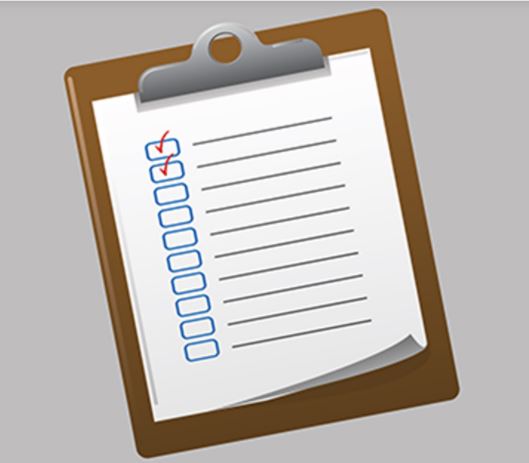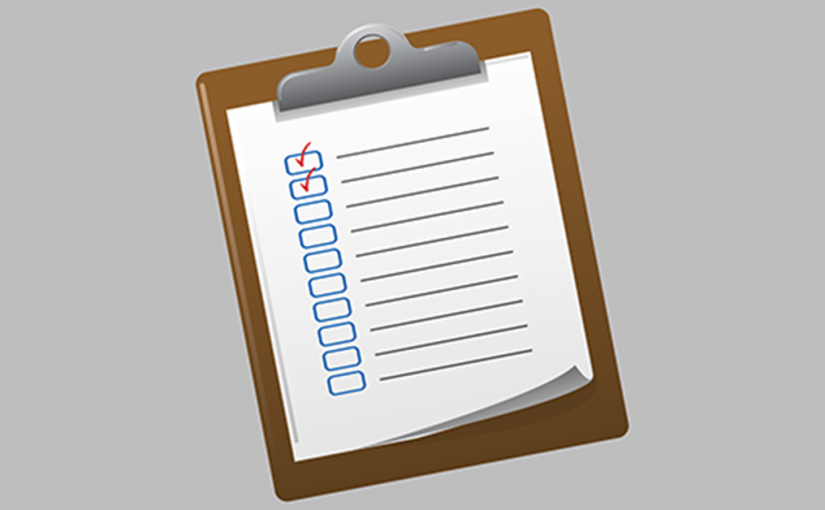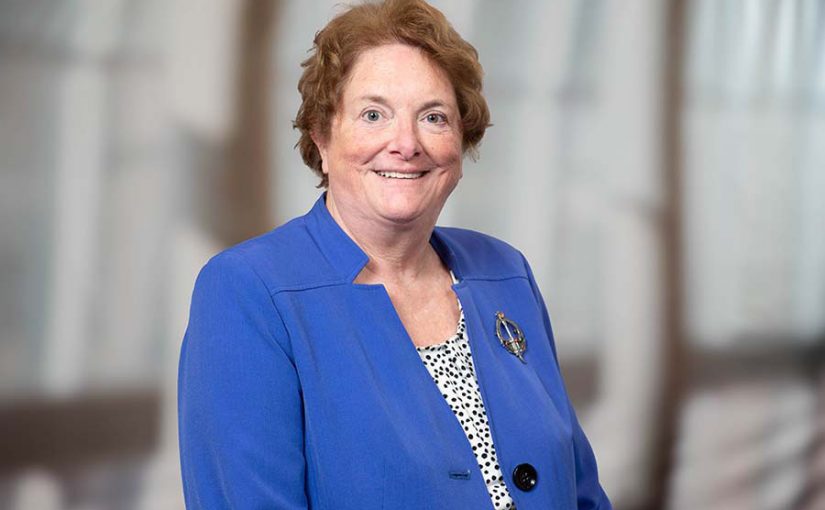We are exhibiting at the AHCA/NCAL Convention & Expo, October 19th-22nd, 2025, at the Mandalay Bay in Las Vegas, Nevada. Come visit us at booth #1017 and find out how Gero Nurse Prep can help you demonstrate gerontological nursing competency. Want to know more now? Visit our website at https://www.geronurseprep.com/
Important Compliance and Regulatory Reminders
Background Checks – Compliance Reminder
The U.S. Department of Health and Human Services Office of Inspector General (OIG) recently released an audit report which reviewed compliance with background checks and abuse-registry requirements in skilled nursing facilities. The audit identified instances where staff began working before these required screenings were completed.
This serves as an important reminder for providers: federal and state regulations require background checks and registry screenings to be completed and documented before an individual begins working in a long-term care facility.
Regulatory Reminders
F-Tag F606 – Not Employ/Engage Staff with Adverse Actions
The regulation applies to all staff including employees, contractors, consultants, volunteers, students, and medical directors.
F606 requires facilities to not hire or engage individuals with:
- Court findings of abuse, neglect, exploitation, misappropriation, or mistreatment.
- State nurse aide registry listings with findings of abuse, neglect, exploitation, misappropriation, or mistreatment
- Active disciplinary actions against professional licenses for abuse, neglect, exploitation, misappropriation, or mistreatment
Fair Credit Reporting Act Section 606 – If an investigative background report is ordered, the facility must provide the applicant with a stand-alone written disclosure within three days of requesting the report, along with a summary of their rights under the FCRA.
Take Action Now
- Review compliance policies – Confirm that background checks and registry queries are completed before the first day of work.
- Update onboarding workflows – Build pre-start verification steps into your hiring process.
- Educate hiring teams – Train managers and HR staff on the scope of F-Tag F606, registry checklist requirements, and FCRA timing/disclosure rules.
- Include all worker types – Screen not only direct care staff, but also volunteers, contractors, consultants, students, and medical directors.
- Document verification efforts – Keep clear records of checks performed for every staff member.
- Audit regularly – Conduct routine internal reviews to identify and correct any gaps in compliance.
Please send any questions to regulatory@ahca.org.
Resident-Centered Documentation Is More Than a Chart
At the end of a long shift, the nurse documents that Mrs. Smith “refused her shower again this morning.” However, if we spoke to Mrs. Smith, we would learn she prefers her showers in the afternoon because mornings are painful due to her arthritis. That single sentence in the chart misses the full picture, along with an opportunity to honor this resident’s voice, dignity, and autonomy.
In long term and post-acute care, where residents often live for extended periods of time, documentation should do more than track clinical tasks. It must tell the resident’s narrative, support informed and tailored care, and reflect the heart of resident-centered practice. Simply put, documentation goes beyond the chart. Rather, it’s a reflection of the resident’s care journey.
Read more at https://www.providermagazine.com/Pages/Resident-Centered-Documentation-Is-More-Than-a-Chart.aspx
9 Ways to Retain and Inspire Your Workforce
Aging demographics in this country are setting the stage for a future where there is a significant need for long term care, and a shrinking workforce of care providers. Within ten years, older adults will outnumber children in the U.S. More than half of individuals turning 65 today are projected to require some form of long term care during their lifetimes.
While the long term care industry needs to add more workers through training and recruiting, there are other ways health care leaders can maintain and inspire their workforces. Here are the nine principles that I’ve found truly make a difference.
Read the entire article at https://www.providermagazine.com/Articles/Pages/9-Ways-to-Retain-and-Inspire-Your-Workforce.aspx
The Essential Role of Mental Health in Senior Care
As the population of older adults continues to grow, so too does the complexity of their health care needs—particularly when it comes to mental health.
Read the entire article at https://www.providermagazine.com/Articles/Pages/The-Essential-Role-of-Mental-Health-in-Senior-Care.aspx
Leading Today’s Multigenerational Workforce in Long Term Care
The organizational approaches that worked for generations are no longer the most effective to attract, retain, and engage today’s ever-evolving, multigenerational workforce.
The workforce used to be full of “tree” employees who were deep-rooted and stable at one organization for their careers. Just like trees who survive despite drought, storm, or rain, the tree-filled workforce responded well to a one-size-fits-all approach. That management approach worked until it didn’t.
Read the full article at https://www.providermagazine.com/Articles/Pages/Leading-Today’s-Multigenerational-Workforce-in-Long-Term-Care.aspx
Leadership Approaches to Address Tech Anxiety
“Tech anxiety” has become a staple in our professional lexicon. Once a buzzword, it has now evolved into a deeply ingrained feeling that employees—from front-line caregivers to administrators—grapple with regularly. As leaders, we’re tasked not only with driving digital transformation but also with guiding our teams through the psychological challenges that come with it.
After decades of navigating the business world’s evolving digital landscape, I can tell you this: tech anxiety isn’t going anywhere. However, what can—and must—change is how we approach it as leaders. Here’s how forward-thinking leadership strategies can make a lasting difference in managing tech anxiety within organizations.
Read more at https://www.providermagazine.com/Articles/Pages/Leadership-Approaches-to-Address-Tech-Anxiety.aspx
CMS Posts Frequently Asked Questions about the SNF Validation Program
In the FY 2025 SNF Prospective Payment System (PPS) Final Rule, the Centers for Medicare and Medicaid Services (CMS) finalized a policy for Skilled Nursing Facilities (SNFs) who participate in the SNF Quality Reporting Program a validation (i.e., audit) process beginning in the fall of 2025 for the FY 2027 SNF QRP. This process is a similar one adopted for the SNF Value-Based Purchasing Program.
- CMS’ contractor Healthcare Management Solutions, LLC (HMS) will randomly select up to 1,500 SNF each FY to submit MDS records for review.
- Selected SNFs will be notified through their iQIES MDS 3.0 Provider Preview Report folder.
- Selected SNFs are required to submit requested medical chart documentation to support validation of 10 MDS assessment records.
- Any selected SNF that fails to submit requested medical chart documentation within 45 calendar days of the audit notification will be considered noncompliant, resulting in the SNF losing 2% of Medicare reimbursement for the applicable fiscal year.
Open Office Hours with CDC and SMEs
Do you have questions about infection prevention topics? Join the Centers for Disease Control and Prevention (CDC) Project Firstline, along with the National Infection Prevention Forum (NIPF) for monthly Open Office Hours on 7/24/2025. The CDC and NIPF’s Subject Matter Experts will review previously submitted questions along with live Q&A. While these sessions are open to all, they are geared for Infection Preventionists (IPs), giving them an opportunity to ask questions and connect with other IPs.
- Topic: NIPF Office Hours
- Time: July 24,2025 at 1:00 PM Eastern Time (US and Canada)
- Join Zoom Meeting: ahca.zoom.us/j/…
- Meeting ID: 898 9181 4415
- Passcode: 804904
GNP Faculty Dr. Joyce Black wins award.
Winning an award is usually enough of a surprise for the recipient. But for Joyce Black, PhD, one of her recent awards came with an extra element of surprise – it was named after her.
Dr. Black, a professor in the UNMC College of Nursing-Omaha Division, was named the inaugural winner of the National Pressure Injury Advisory Panel’s Joyce Black Award, at the organization’s annual conference in February. It is given to individuals or groups who have made significant contributions to advancing pressure injury evidence-based practice through educational initiatives.
Dr. Black was honored for “extraordinary efforts in disseminating evidence-based knowledge and her unwavering commitment to educational initiatives have set a high standard for excellence,” according to a release issued by the National Pressure Injury Advisory Panel.
Not only did Dr. Black not know she was up for the award, she didn’t even know it existed until the awards ceremony at the organization’s conference.
“They started talking about a new award and how they named it for me because of all the teaching I had done,” she said. “I was just sitting in the audience, looking at who would be a good person for the award, and the next thing I heard was they were giving to the person it was named for.
“I was so flattered to get an award in my name. I didn’t see that coming at all.”
While it was unexpected, Dr. Black said she’s excited about the new tradition and the chance to hand it off to the next winner.
“The next time this is given out, I’ll be the person handing it to someone else,” she said. “That means they’re an excellent teacher.
“I’m already thinking about the next award winners in my head.”









